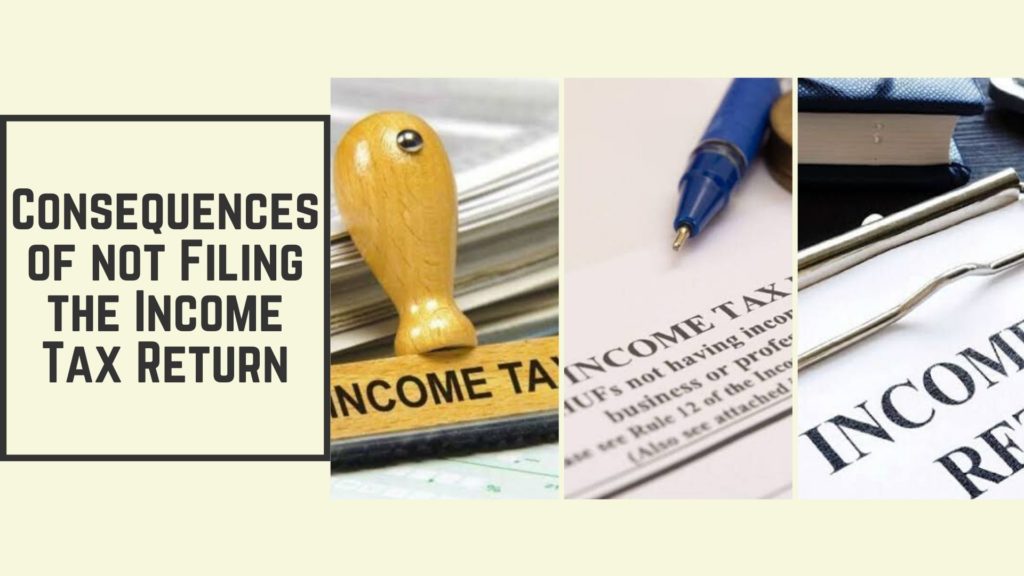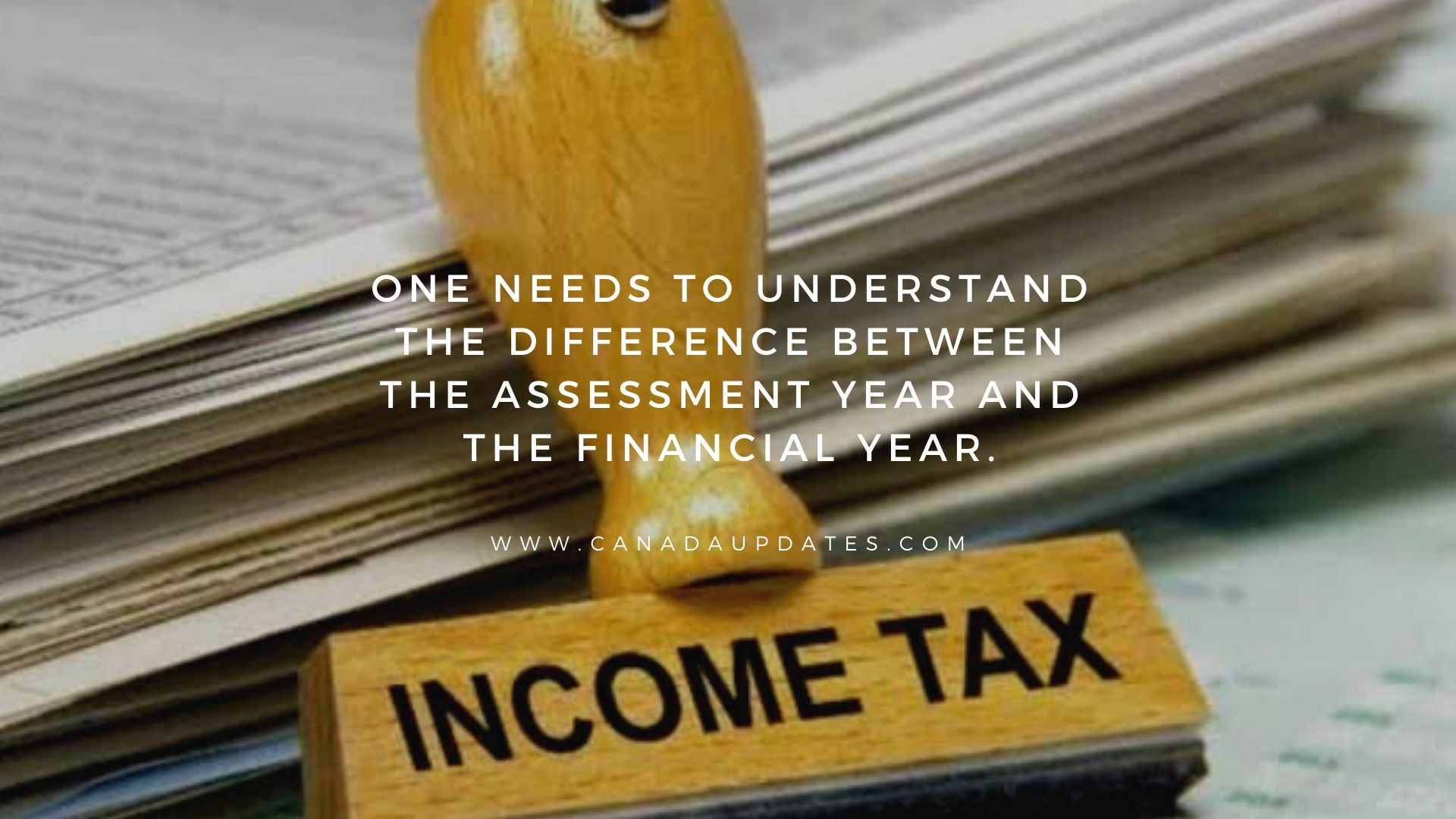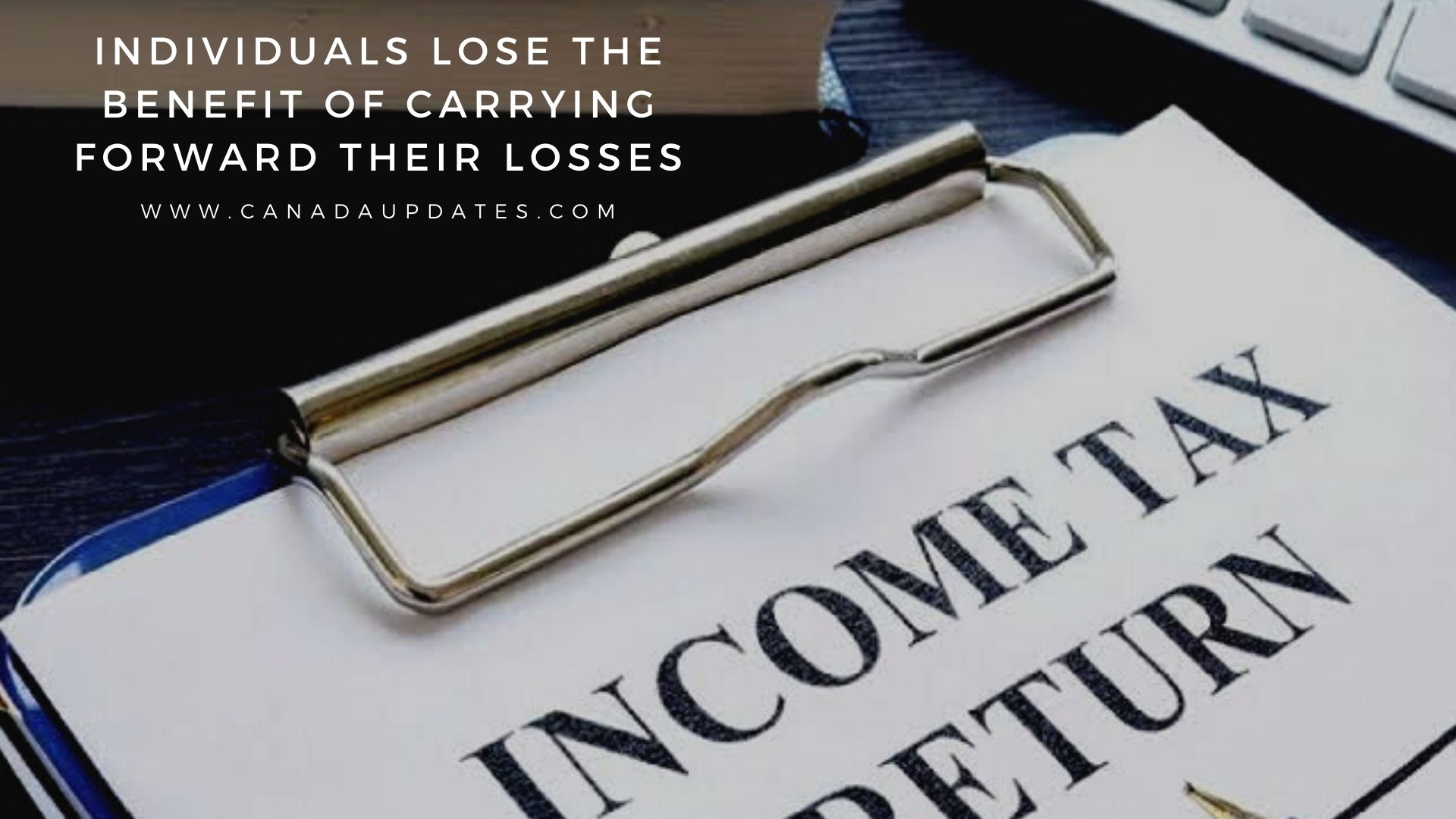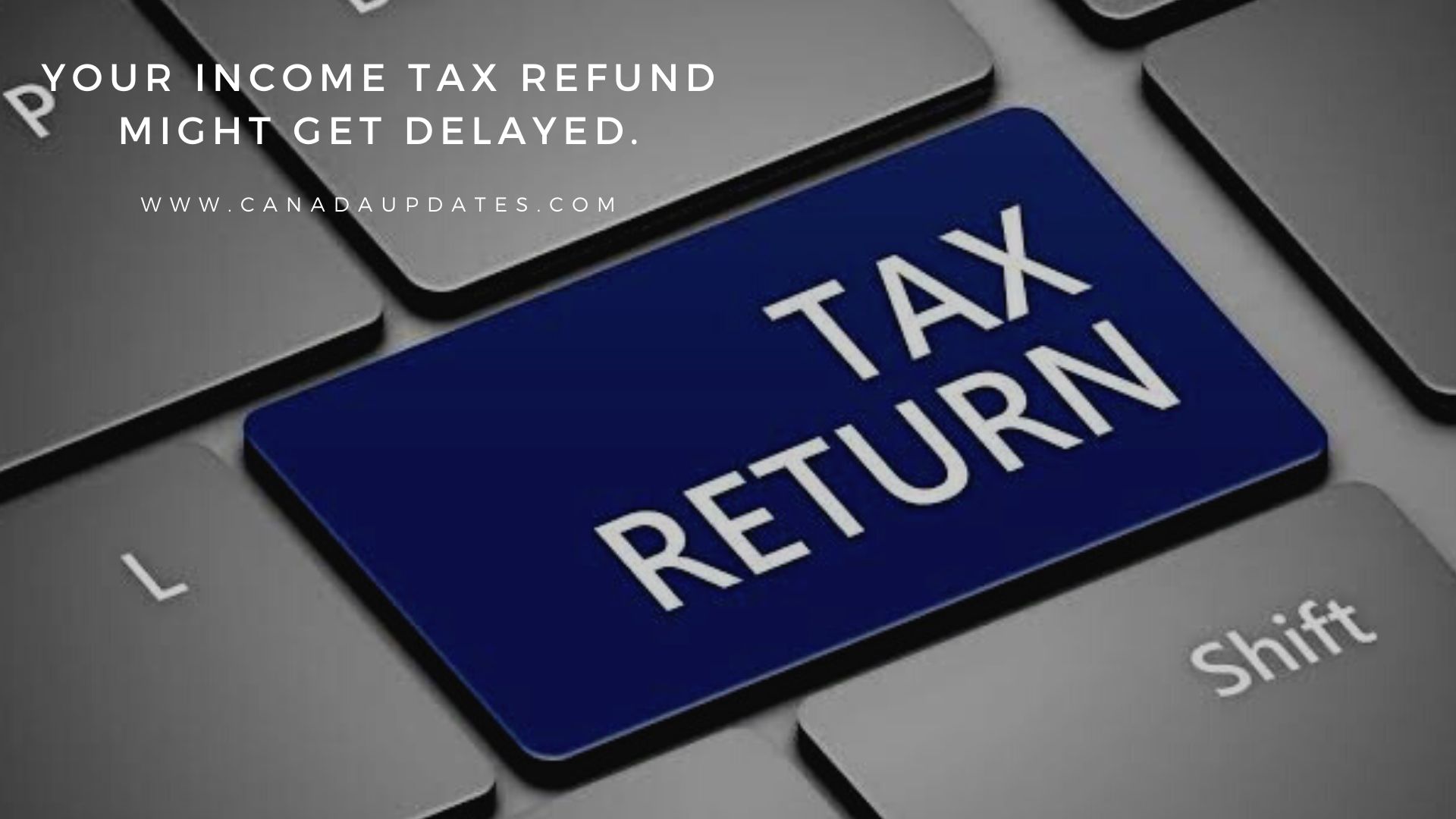What are the Consequences of not Filing the Income Tax Return?

What are the consequences of not Filing the Income Tax Return?
The taxpayers usually file income tax returns (ITR) for the previous financial year immediately after the beginning of the next financial year in April. The dates of filing ITR may get extended till the month of August that year. Also, there are consequences and penalties for not filing the ITR.
If the individuals delays or fails to file ITR, they may face different penalties by the Income Tax Department. Let’s discuss the different consequences which individuals may face for not filing the ITR.

Assessment Year and Financial Year
The Assessment Year (AY) and the Financial Year (FY) both start on 01 Apr and end on 31 Mar. AY is the time period in which the income earned in an FY is assessed. Therefore, AY 2020-21 is same as FY 2019-20.
Section 271F of the Income Tax Act, 1961
If a taxpayer fails to file returns before the end of the assessment year, a hefty penalty may be levied by the assessment officer according to the following rules.
- If you file your tax return after the due date but on or before December 31st, an amount of Rs 5000/- is leviable as a penalty.
- For any further delay in filing the ITR, an amount of Rs 10000/- may be imposed on the taxpayer.
A pertinent point to note is that if the individual’s total income does not exceed five lakh rupees, the fee charged under this section will not exceed Rs 1,000/-.
Interest under Section 234A, Income Tax Act, 1961
Under section 234A, Income Tax Act, 1961 interest may be drawn by default in filing of the income tax return.
If there are any unpaid taxes, penalty interest of 1 per cent per month or half of it is levied until the tax payment date.
Non-Carry Forward of Losses

Individuals lose the benefit of carrying forward their losses to subsequent financial years If he doesn’t file the IT return within the due date.
However, the loss under the heading “Income from household property” may get carried forward even if the income/loss return of the year in which the loss incurred is not furnished on or before the stipulated date of the return as specified in Section 139(1).
Effective Assessment of Decision under Section 144
In the following cases, the evaluating officer is obliged to decide the best of his judgement: –
- If the taxpayer does not file the correct returns within the time limit in Section 139(1) or a late return in Section 139(4) or a revised return under Section 139(5).
- If the taxpayer fails to act with all the provisions of a notice given in Section 142(1) or fails to move with the instructions provided for in Section 142(2A).
- If the taxpayer fails to meet all the requirements of a notice issued in Section 143(2).
Claim for Tax Refund

If you are entitled to receive a refund for your paid taxes, you must file the returns before the due date to obtain a refund as soon as possible. If you fail to do so, you won’t receive the refund on time, and the payments may get delayed till next year too.
Penalty for Concealing Income
If your income is taxable and you do not file the returns, then you will have to pay a hefty fine for concealing your income.
In such situations, Penalty under section 270A is levied for under-reporting and income misreporting.
Prosecution for Failure to Furnish Income Returns
Do not be surprised if you receive notice of prosecution under Section 276CC in case you fail to file Income returns.
Section 276CC allows for extreme imprisonment up to seven years, and a hefty fine.
The Takeaway
We advise the correct and timely filing of the ITR. You must always make it a point to file your income tax returns on time to avoid such consequences and penalties.


 ITAT Amritsar: No Section 269SS Violation for One-Time Cash Payment Before Sub-Registrar
ITAT Amritsar: No Section 269SS Violation for One-Time Cash Payment Before Sub-Registrar  Tax Officials Unleash Digital Dragnet: How New Raid Powers Redefine Privacy, Property Rights in India and likely to Fuel Corruption
Tax Officials Unleash Digital Dragnet: How New Raid Powers Redefine Privacy, Property Rights in India and likely to Fuel Corruption  Income Tax Department Rewards for Reporting Tax Evasion: A Comprehensive Guide
Income Tax Department Rewards for Reporting Tax Evasion: A Comprehensive Guide  Forfeiture of Gratuity by Employer- What are the Remedies for an employee- Can employer be challenged?
Forfeiture of Gratuity by Employer- What are the Remedies for an employee- Can employer be challenged?  Employer can forfeit gratuity of an employee in case of moral turpitude
Employer can forfeit gratuity of an employee in case of moral turpitude  Diving Deeper: The Impact of the New Tax Bill on Dairy and Farming Income
Diving Deeper: The Impact of the New Tax Bill on Dairy and Farming Income